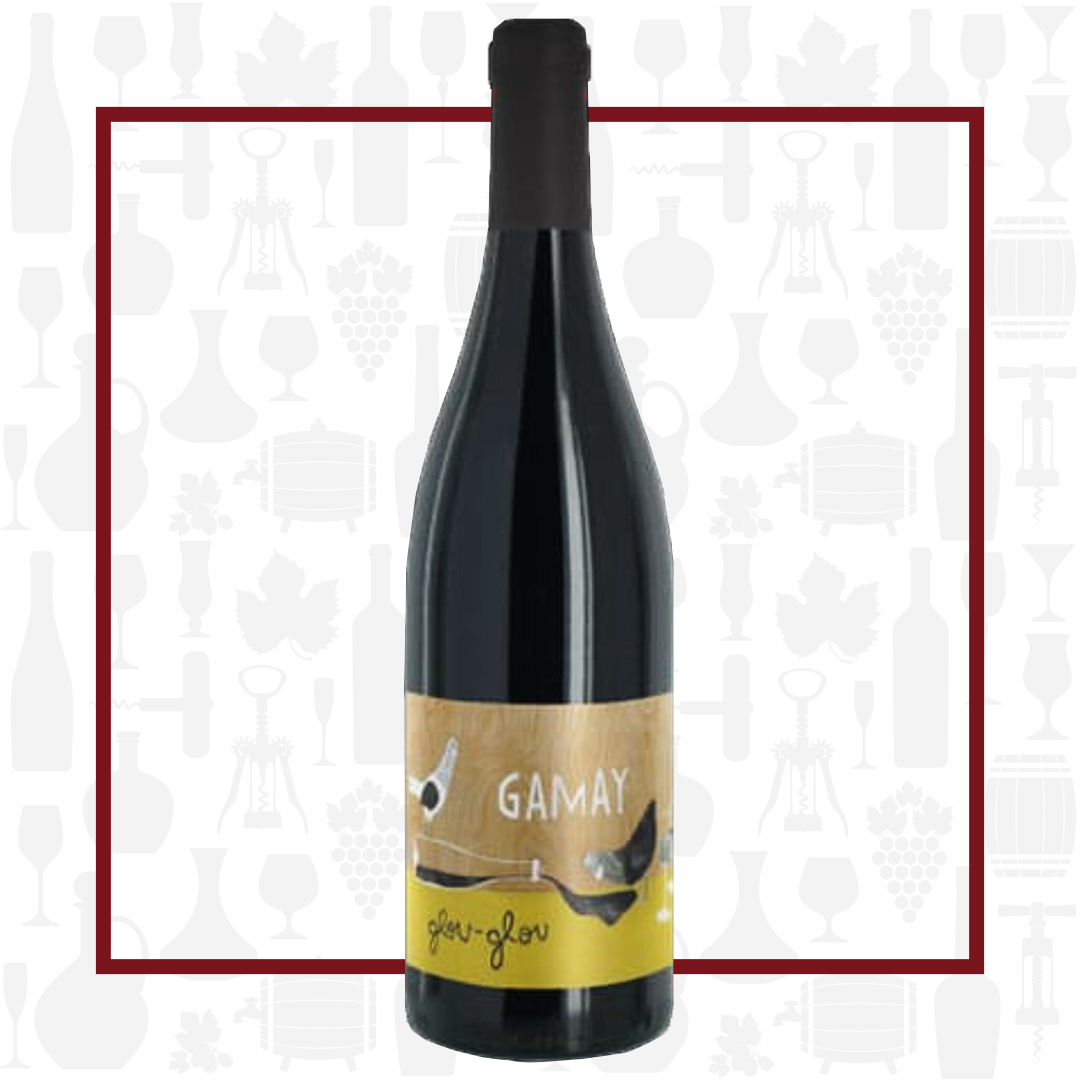Cellar Profile
Founded in 1840, this tiny estate is located in the commune of Saint Julien, just outside the Beaujolais Cru of Fleurie. Jean-Baptiste, now in his late 20s, took over the property from his father in 2014. As is the case with many young French vignerons, he chooses to farm his 40 hectares of vineyards in the most sustainable way possible: no herbicides or pesticides are used; there is natural grass cover between vine rows; and pruning and harvesting is done by hand. Located near the Sâone River, the vineyards have plenty of alluvial deposits, comprised mostly of sand, silt and clay. Grapes are fermented via wild yeasts and no sulfur is used during the winemaking process. His wines are fresh, energetic and full of French charm.
Region
Beaujolais is the southern part of the larger Burgundy region of France. Climactically closer to the Rhône—with part of Beaujolais in the Rhône Alps—the dominant grape of here is Gamay Noir, not Pinot Noir. The soils here are granitic and sandy, which benefits the juicier, more vigorous Gamay grape. The finest examples of Gamay come from the 10 Crus, but there are excellent wines coming from other vineyards which can achieve Beaujolais-Villages status, denoting their superior quality. Vintage Note: 2021 was a cooler vintage with more precipitation and a late harvest. The result is a brighter Gamay with more red fruits and peppery notes and a typistic crunchy acidity.
Vineyard
Estate vineyards in the southern part of Beaujolais. The soil is a mix of silt, clay and rich loam. Farmed organically, with great respect given for biodiversity in the vineyard.
Winemaking
Whole-cluster carbonic maceration, without additives, in concrete for 8 days. During carbonic maceration, whole berries are placed in a sealed container and the sugars are allowed to naturally ferment intracellularly, imparting low alcohol to the grapes, softening the perception of tannins and amping up primary fruit. There is usually a telltale "bubblegum" note with wines made this way. After the grapes are crushed, fermentation with native yeasts begins, with no sulfur or nutrients added to the juice. The wine is lightly fined with a vegan solution before being racked off the lees for bottling.
Tasting Notes
Black cherry, raspberry and damson dominate the nose. There's also that candied bubblegum note of carbonic maceration in the background adding a touch of complexity but it's not as overblown as in Beaujolais Nouveau. The palate is fruit-driven and expressive, almost off-dry in style. Flavours of blueberry, cherry and cranberry, with a rich core. There are no tannins to speak of, but the acidity is invigorating and fresh. Chill this lightly and enjoy with a charcuterie board or chill more and chug – this is a "Glou-Glou" after all!
Varieties
Gamay, like the Beaujolais region in which it thrives, is often misunderstood and under appreciated. Depending on how it is grown and vinified, it can produce simple, light fruity wines (Beaujolais Nouveau) as well as bigger, structured reds showing cherry, berries, pepper and roasted notes (Cru Beaujolais).

